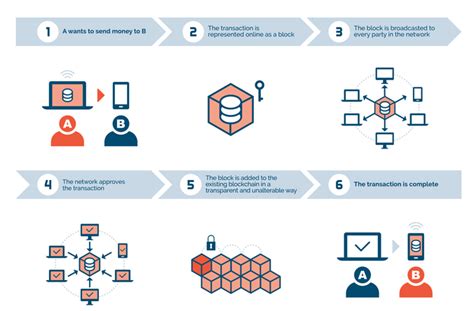Ethereum: Using Solidity Library
Using Solidity Libraries: A Simple Example of add() Function
In this article, we will look at the concept of using Solidity libraries to extend the functionality of smart contracts. In this example, we will create a simple contract called SomeCon that uses a library called SomeLib. More specifically, we will use the add() function provided by SomeLib.
What is a Smart Contract?
Before we get into the code, let’s quickly define what a smart contract is. A smart contract is a self-executing program that automates the process of executing a set of instructions when deployed to a blockchain network.
What is a Solidity Library?
A Solidity Library is a third-party module that provides pre-written functionality for use within a smart contract. These libraries can contain functions, variables, or even entire modules that can be reused across multiple contracts.
Using add() from SomeLib
In our example, we will use the following code:
pragma solidity ^0.8.0;
contract SomeCon { {
using SomeLib for uint256;
uint256 a = 2;
uint256 b = 3;
function addNum ( ) public view return ( uint256 ) { ;
return a . add ( b ) ; // This line calls the "add()" function from "SomeLib"
} }
} }
Here’s how it works:
- First, we import the
SomeLiblibrary using thepragma solidity ^0.8.0;directive, which specifies the version of Solidity we are using.
- The
contract SomeCon { ... }block defines a new contract calledSomeCon.
- Use the statement
using SomeLib for uint256;to extend our contract with functions fromSomeLib. This tells the compiler that any function namedadd()inSomeLibwill be available in this contract.
- In the function
addNum()we call the functiona.add(b)using Solidity-specific syntax (i.e.function addNum() ...).
- The result of the call to
add()is stored in thereturnstatement.
Benefits of using libraries

Using libraries like SomeLib has several advantages:
- Reuse: You can reuse functions and variables across multiple contracts, reducing code duplication.
- Readability: By breaking down complex logic into smaller, more manageable pieces, your contract becomes easier to understand and maintain.
- Speed: Pre-written functions from libraries can be faster than implementing them from scratch.
Conclusions
In this article, we have shown how to use the Solidity library (SomeLib) to extend the functionality of our SomeCon contract. By using pre-written code, you can simplify your development process and focus on creating innovative smart contracts that automate complex tasks. Remember to always follow the best practices of writing clean, maintainable and secure code!
DECENTRALIZED EXCHANGE DUMP TRADING






